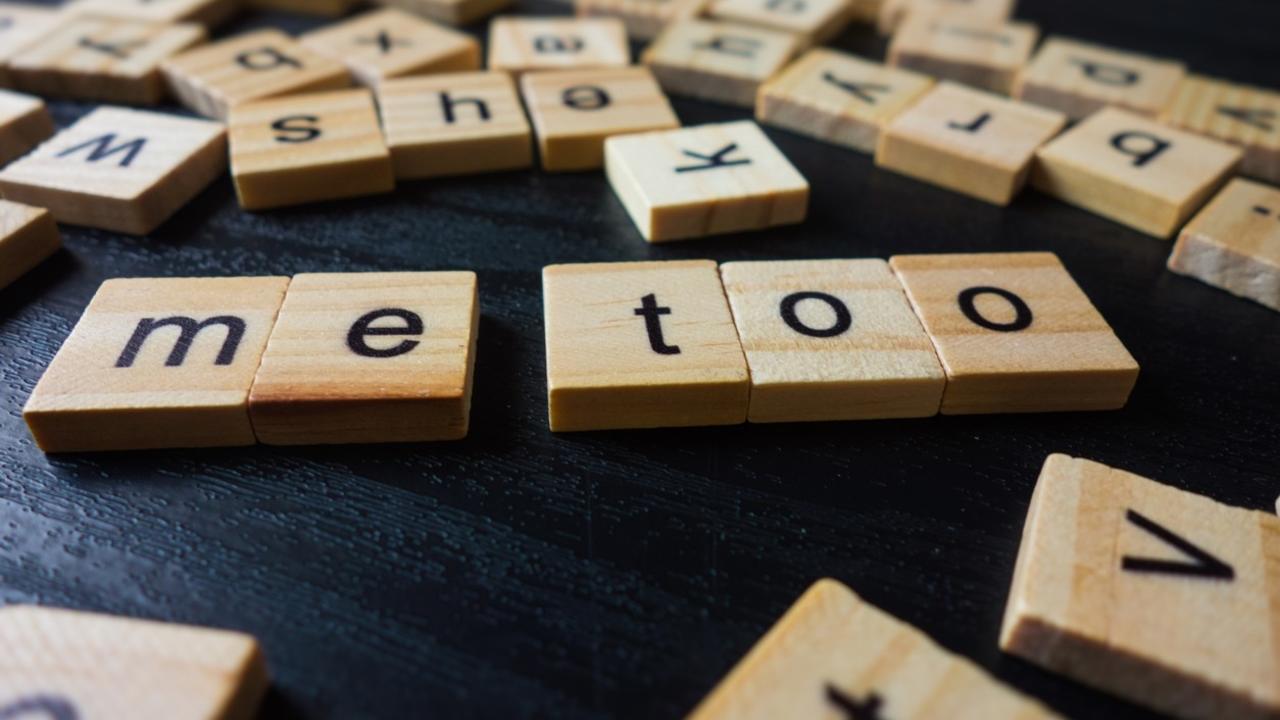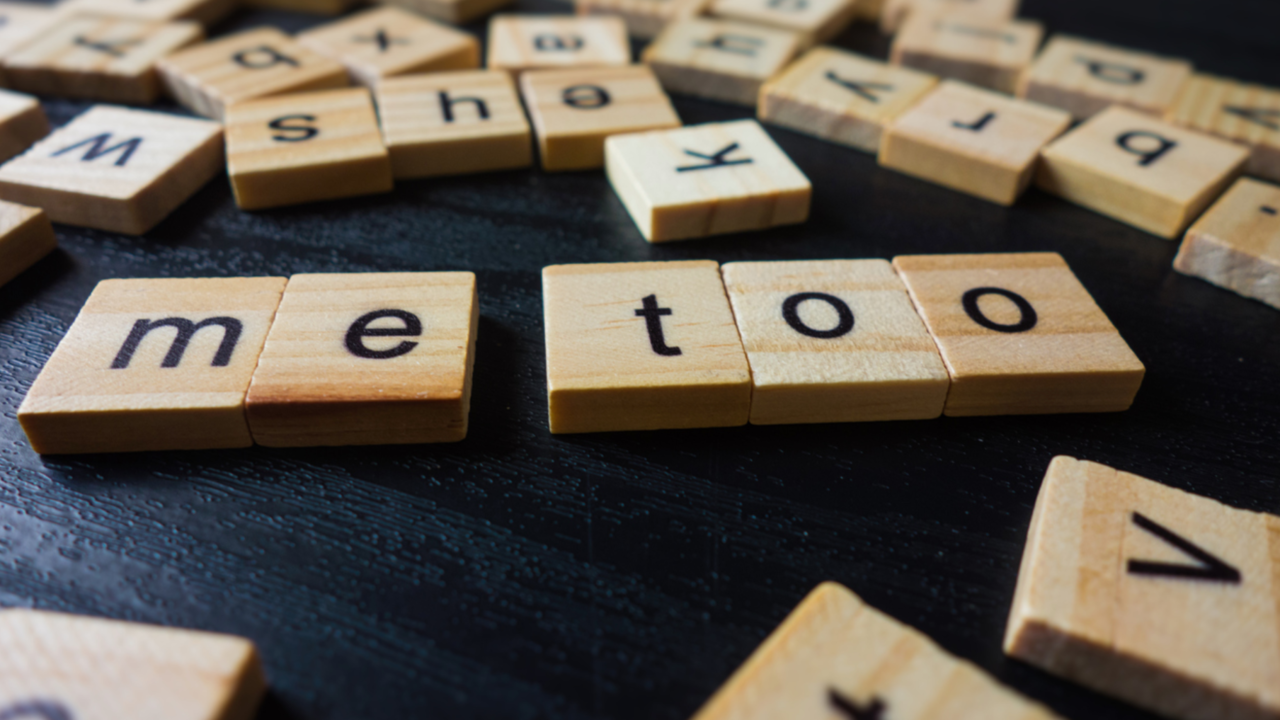The law isn't keeping up with the times

In recent years, we’ve seen thousands take to the streets to defend women’s rights in women’s marches around the globe. We’ve seen our social media threads fill up with the hashtag #MeToo, standing up to sexual harassment and assault. We’ve seen protest after protest demanding that #BlackLivesMatter.
We’ve seen hundreds of thousands stand up to abuse of power. Yet the law hasn’t kept up.
Women, Hispanics, and African-Americans are the most likely to be targeted in this epidemic.
The Civil Rights Act of 1964 protects these groups from discrimination on the basis of race, color, religion, sex, or national origin. So why are these groups more likely to endure verbal abuse, sabotage, and other types of threatening, intimidating, and humiliating behavior?
While important legislation, this act only protects those who can connect their membership in the group to the abuse. So those workers whose abusers are in the same protected class may be out of luck, even if the abuse comes from uncon...
How we deal with Harvey Weinstein's world, the culture of abuse of power

We've all seen our Facebook feeds flood with #metoo after the Harvey Weinstein allegations spread, showing the sad culture of sexual harassment and sexual assault far too many women (and some men) have endured. It's a culture most of these sufferers have had to tolerate to succeed "because this entire town [culture] is built on the ugly principals that Harvey takes to a horrific extreme," says Krista Vernoff, who co-runs ABC's Grey's Anatomy (HollywoodReporter.com).
"If I didn't work with people whose behavior I find reprehensible, I wouldn't have a career.... We work within this culture so we can amass some power so we can have a voice. And those who don't do that — those who shout and scream 'this is not OK' when they feel threatened or belittled (those women who DID speak out against Harvey BEFORE the New York Times piece) — they largely live on the fringes of this town. They don't get the power. They don't get the platform that the mainstream provides," she says.
But there's anot...
Ending sexual harassment at work means ending workplace bullying, says LA Times

A major publication made the connection between sexual harassment and workplace bullying.
This article’s a big deal.
In the LA Times article “To end sexual harassment on the job, end workplace bullying,” Reporter David Lieberman says:
Legislators can do more to address the problem. They can make workplace bullying illegal. Too many corporate leaders find it expedient to look the other way when bosses — especially ones they deem indispensable — systematically intimidate and humiliate underlings. Bullies who believe that their whims matter more than other people’s dignity often don’t see why their sexual impulses shouldn’t be just as indulged.
Lieberman adds:
U.S. courts rarely sided with victims of bullying who sought relief under employment laws that already prohibit “intentional infliction of emotional distress.” Taking a page from the standards for a hostile work environment established under Title VII of the Civil Rights Act of 1964, the Healthy Workplace Bill would empow
...
Why are we ignoring abuse of power that’s not sexual harassment?

With the growing protest of sexual harassment in Hollywood, a lot of us are left wondering: why are we ignoring that when abuse of power isn’t of a sexual nature, countless competent and ambitious workers (mostly women and non-white workers) get pushed out of their jobs? Why are only those in protected classes (gender, race/ethnicity, religion, color, national origin, age, sexual orientation, individuals with disabilities, and veteran status) accounted for under law when general workplace bullying is four times more common than sexual harassment (because discrimination gets funneled through bullying acts)? Why should someone choose between their health or a paycheck because their competence — rather than their protected class — threatens the power abuser?
While #metoo exposed that law can’t protect everyone when they’re forced to choose between speaking up or preserving their jobs, sexual harassment law certainly moved the needle on the norms of sexual abuse in the workplace. But when...
